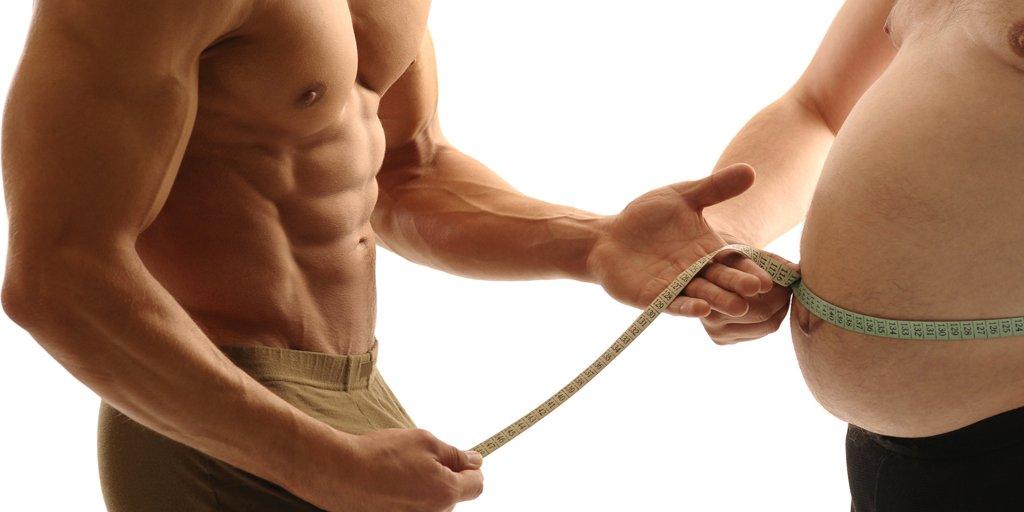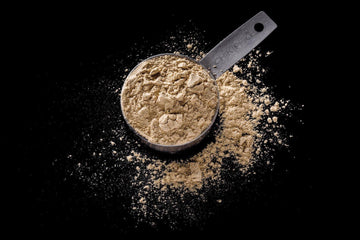

Diet tips for Men: Testosterone is key to dieting success!
Table of Contents
Diet tips: Testosterone is important for men while dieting
It’s no surprise that more and more American men are becoming obese. One of the more shocking findings that researchers have found is that not only does obesity increase the risk of heart disease and diabetes and hypertension, it also reduces a male’s testosterone levels. One study found that reported that approximately 52.4% of all obese men had low testosterone levels below 300 ng/dl (10.4 nmol/l). The standard range of testosterone levels in healthy adult males is between 280 to 1,100 nanograms per deciliter (ng/dL)
Diet tips: Testosterone Increases Lean Muscle Mass and Reduces Adipose Tissue
Testosterone levels are reduced with increased waist circumference and obesity and approximately 40% of non-diabetic obese men and 50% of obese diabetic men aged above 45 years have low free testosterone. One researcher proposed testosterone therapy as a new potential intervention strategy for managing obesity in hypogonadal men (testosterone deficiency). Testosterone treatment results in improved insulin sensitivity, lipid oxidation and reduction in fat mass with a concomitant gain in fat-free mass. One of the key observations in testosterone therapy is that testosterone increases lean body mass, thus increasing resting energy expenditure. Long-term testosterone therapy in men with testosterone deficiency produces significant and sustained weight loss, marked reduction in waist circumference and BMI and improvement in body composition. Further, testosterone therapy ameliorates components of the metabolic syndrome. The improvements above are attributed to improved mitochondrial function, increased energy utilization, increased motivation and vigor resulting in improved cardio-metabolic function and enhanced physical activity.
| On April 2, at ENDO 2016, the annual meeting of the Endocrine Society, in Boston, researchers presented some new research on how testosterone not only helps preserve muscle mass on a diet, but it also promotes loss of body fat. Overall, 40 percent of obese men have low testosterone. The decrease in testosterone may be related to the excess estrogen levels being secreted from adipose tissue or insulin resistance. Weight loss due to calorie restriction is associated with increased circulating testosterone, and testosterone treatment reduces fat. However, researchers don’t know whether adding testosterone treatment to calorie restriction reduces fat mass more than calorie restriction alone. |
Dr. Grossman and colleagues conducted a clinical trial of 100 reasonably healthy obese men from the local community between 20 and 70 years of age who had low testosterone levels. Overall, 20 percent of them had diabetes and 10 percent had heart disease. For the first ten weeks, all participants were placed on a strict 600 kcal per day very-low-calorie diet. They were also encouraged to abstain from alcohol and perform at least 30 minutes a day of moderate exercise. Every ten weeks over the 56-week-long study, 49 men also received injections of 1,000mg of intramuscular testosterone undecanoate, and 51 took a placebo. At the end of 56 weeks, both groups lost roughly 11 kg (24.2 lb). But those in the testosterone group lost almost exclusively fat while those on placebo lost both lean and fat. The men taking testosterone lost 3 kg (6.6 lb) more body fat than those on placebo and maintained their muscle mass while those on placebo lost 3.5 kg (7.7 lb) of muscle mass. This study brings awareness to the importance of maintaining testosterone levels while dieting.

















